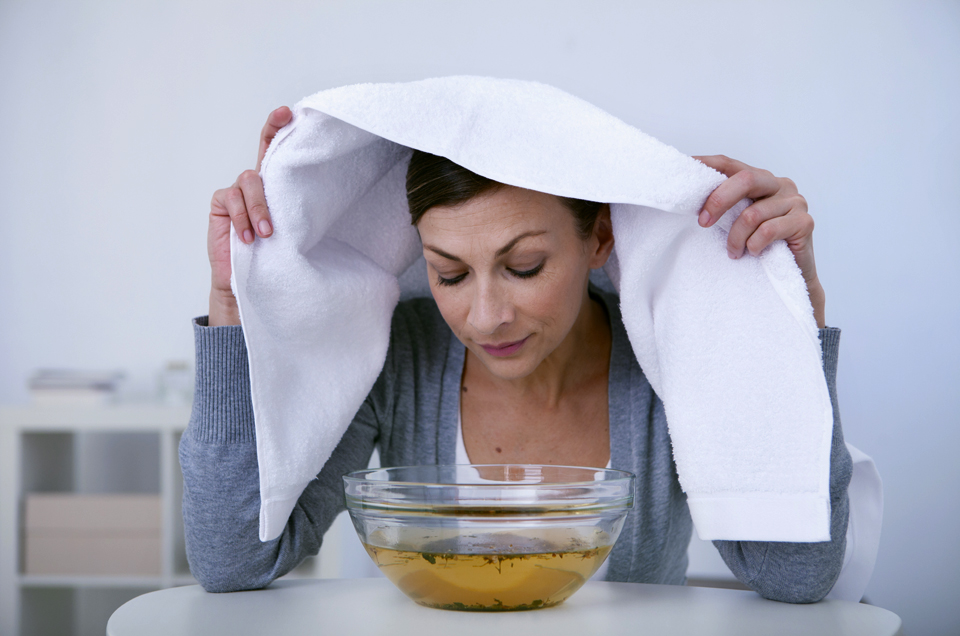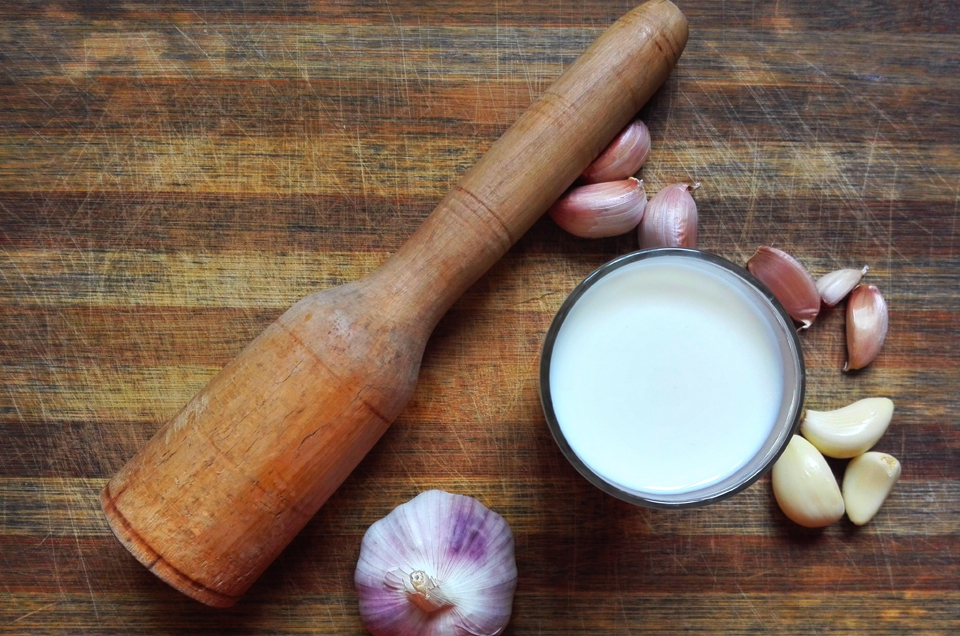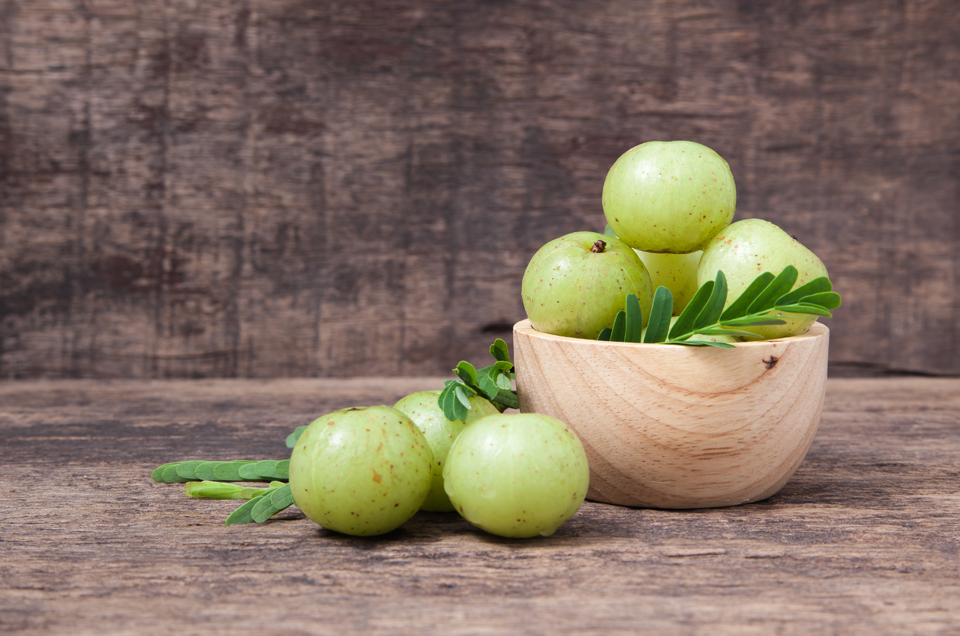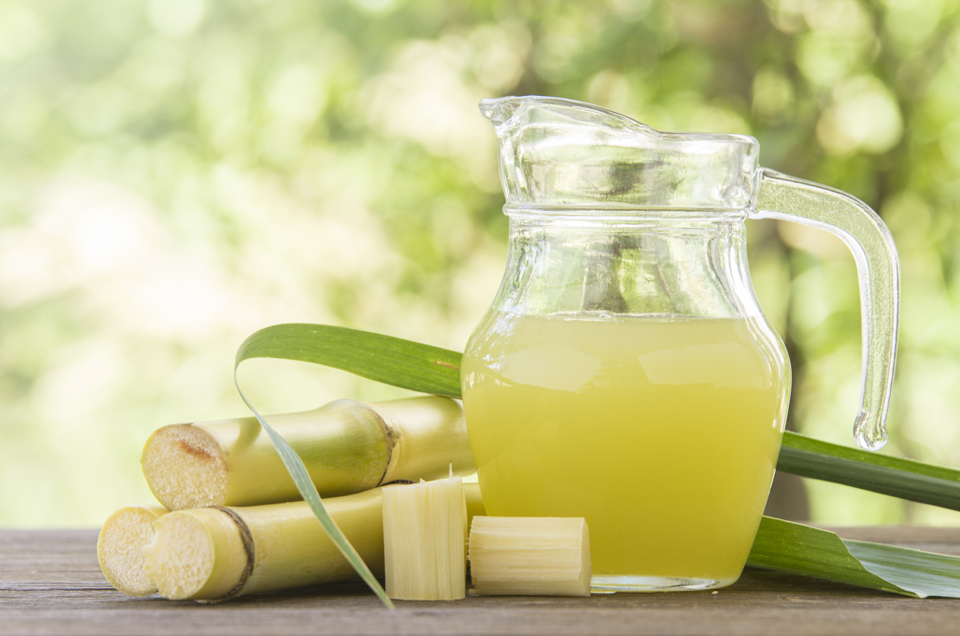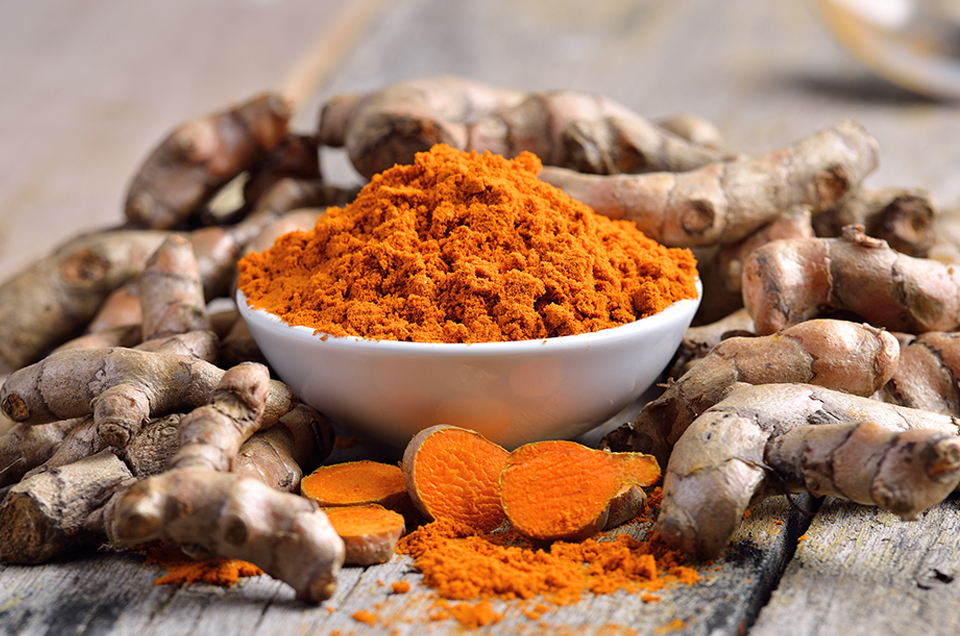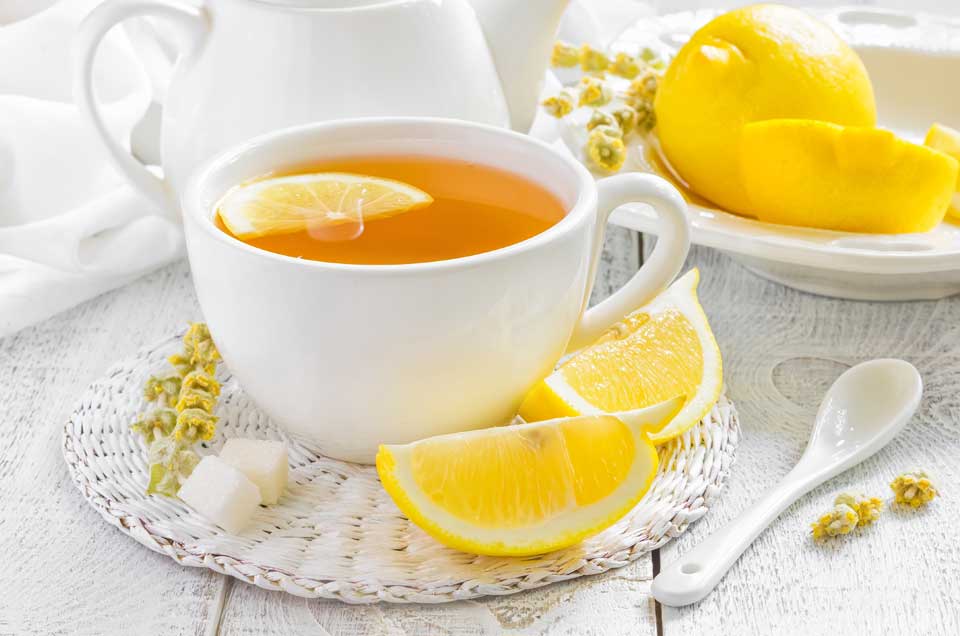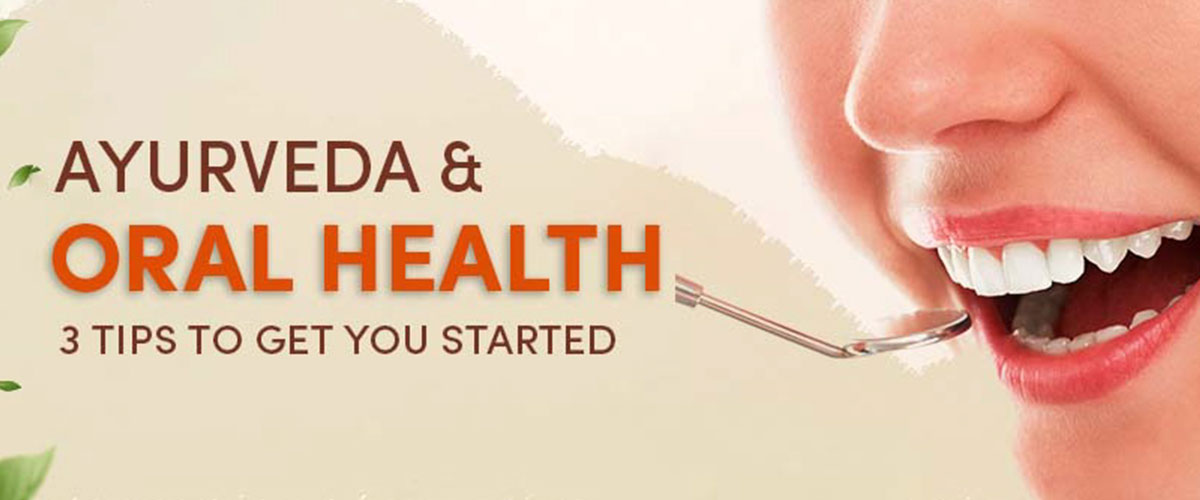 Aren’t you tired of chemical cosmetics-driven self-care, yet?
Aren’t you tired of chemical cosmetics-driven self-care, yet?
Don't you feel like a need to take your well-being to the next level? Well, don’t change your mind already, because you are just at the right place, at the right time.
Here’s the thing.
From an Ayurveda standpoint, your body is a microcosm, holding the keys to the kingdom of, heaven, a place with eternal well-being, residing within your bodily confines. Governed by the three doshas, your body has an innate ability to recuperate and withstand conditions exposed by nature and natural interventions. It is how Ayurveda sees it - a complete being, that can be worked with, in case something goes out of balance.
And in situations where the human body is unable to heal itself by itself, Mother Nature offers us her bounty, of herbs and plants with medicinal properties, that, when used with the knowledge of Ayurveda can have a tremendous impact on us, our health and our wellbeing, not to mention longevity.
For starters, you must get this clear, Ayurveda is not just some mere batch of home remedies and non-regulated medical practices. It is an actual science, with an evidence-based history, dating back to more than 5000 years, with India as its origin.
Ayurveda says, the harmony between the governing doshas, defines an individual's Prakarti or should I say Nature. When there is an imbalance in these doshas, the body starts to feel the effects of discomfort. However, there are numerous means to identifying these symptoms and prohibiting further worsening, through adequate self-care, as well as expert care administered by a certified Ayurveda doctor.
At an individual level, you need to be aware of your Prakriti, regulate your diet accordingly and then regulate your lifestyle with what works for your body type. You can try our online Prakriti analysis tests, should you wish, to help you identify your Nature to some extent.
In this blog, I will give you three exclusive Ayurvedic oral hygiene practices. All three are easy. They won’t require too much time either. Also, as and when you start incorporating these practices on a trial basis, you may discover that you don’t want to give up on them because they truly will make you feel extremely good.
What else feels good and carries many health benefits? Let’s dig in, shall we?
#1 TONGUE SCRAPING
Some parts of our body are key indicators of our health, especially all that is going on internally. One such organ is our Tongue.
What you need to do is, once you wake up, the first thing in the morning, before drinking anything or having any food, check your tongue in the mirror. If your tongue has a white (indicating Kapha), yellowish (indicating Pitta), or blackish (indicating Vata) coating, you have some toxins in your digestive system. This coating is a great way to understand which dosha might be out of balance. But if your tongue looks pink and clear—you are doing great! Nevertheless, tongue scraping is still beneficial.
The cleaning part is the easy part. Using a metal tongue scraper, scrape your tongue as far back as you can, using gentle pressure, at least seven times, rinsing the scraper between scrapes. A good habit to add to your oral hygiene routine.
When you scrape your tongue, not only are you removing many toxins and bacteria you accumulated in your mouth overnight, but you are massaging the organs in the digestive tract, which are represented on each quadrant of the tongue based on Ayurvedic knowledge.
#2 OIL PULLING (GANDUSHA)
Another good habit to be part of your oral hygiene routine is Oil pulling, Gandusha.
This ancient Ayurvedic technique cleans the mouth and body by holding oil in the mouth for 10 to 20 minutes every day, if possible. This is gaining widespread popularity, which is well-deserved. Oil pulling helps decontaminate the mouth, reducing “bad” bacteria in the mouth, gums, cheeks, and tongue; preventing bad breath and tooth decay; teeth whitening; and even helping detoxify the entire body.
You can pull oil at home with coconut or sesame seed oil. Both oils have antibacterial properties that help reduce plaque and remove impurities from the mouth. Additionally, you can purchase Jiva’s Oil Pulling, comprising of ayurvedic herbs best suited for optimal oral health. You can make oil pulling a part of your morning routine.
After scrapping your tongue, place a tablespoon of coconut oil or Jiva’s Oil Pulling in your mouth. It may feel strange at first, but the oil will melt and the real work will begin. As you allow the oil to sit in your mouth, only swishing gently now and then, the lauric acid and other compounds in the oil begin an intense cleansing process. Allow the oil to stay in your mouth for about 10-12 minutes. When you are done, spit the used oil into the basin. Then rinse your mouth with normal water. You will feel sparkling and clean.
#3 DRINK HOT WATER WITH LEMON DAILY
After cleaning your mouth with a tongue scraper and oil pulling (don’t forget to brush), drink hot or warm water with a squeeze of lemon in the morning. If your Prakriti is a bit Kapha dominant, add 1 teaspoon of raw, organic honey to warm to lukewarm water. Honey is heating and will help balance the dosha.
The warm water hydrates your tissues more effectively than cold water. Lemon acts to alkaline the body. We typically wake up with a high acidic pH level, and lemon, oddly enough, balances that out. Lemon juice also contains potassium, vitamins B and C, calcium, magnesium, and trace minerals. It cleanses the liver and stimulates your digestive fires — and Ayurveda loves that — so you will be ready for a good breakfast or early meal.
Take your oral health seriously. Small changes can make a big difference, if you start early. Ayurveda has a lot to offer provided you are ready to receive.
If you think your oral health has been compromised, click here to book your appointment immediately with a certified Jiva doctor.




 Jul 01, 2024
Jul 01, 2024
 Prev
Prev

